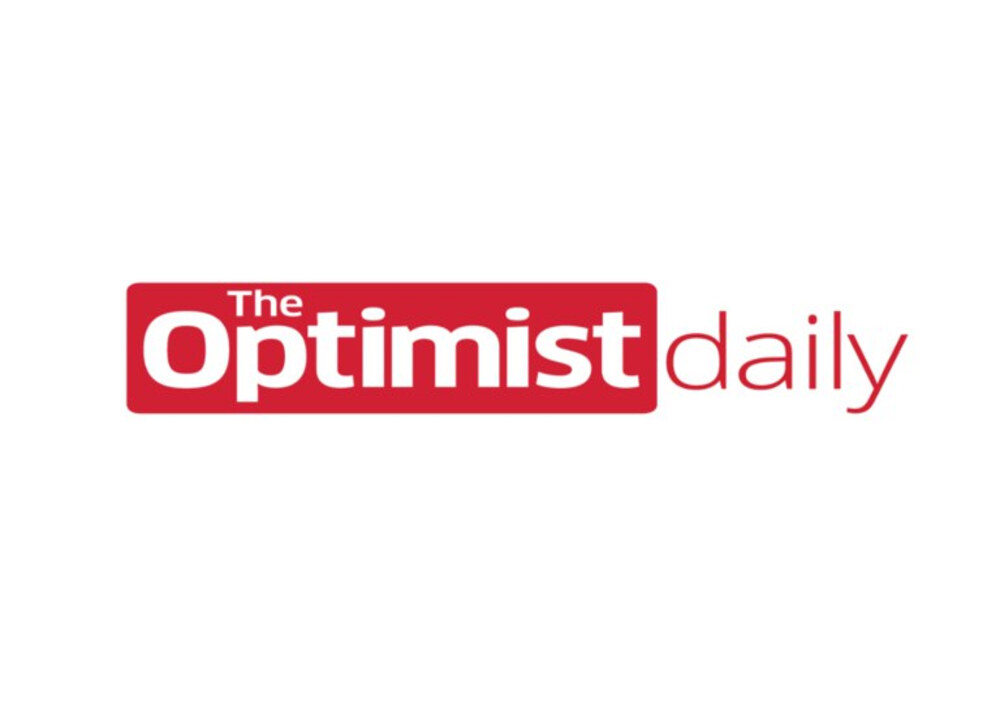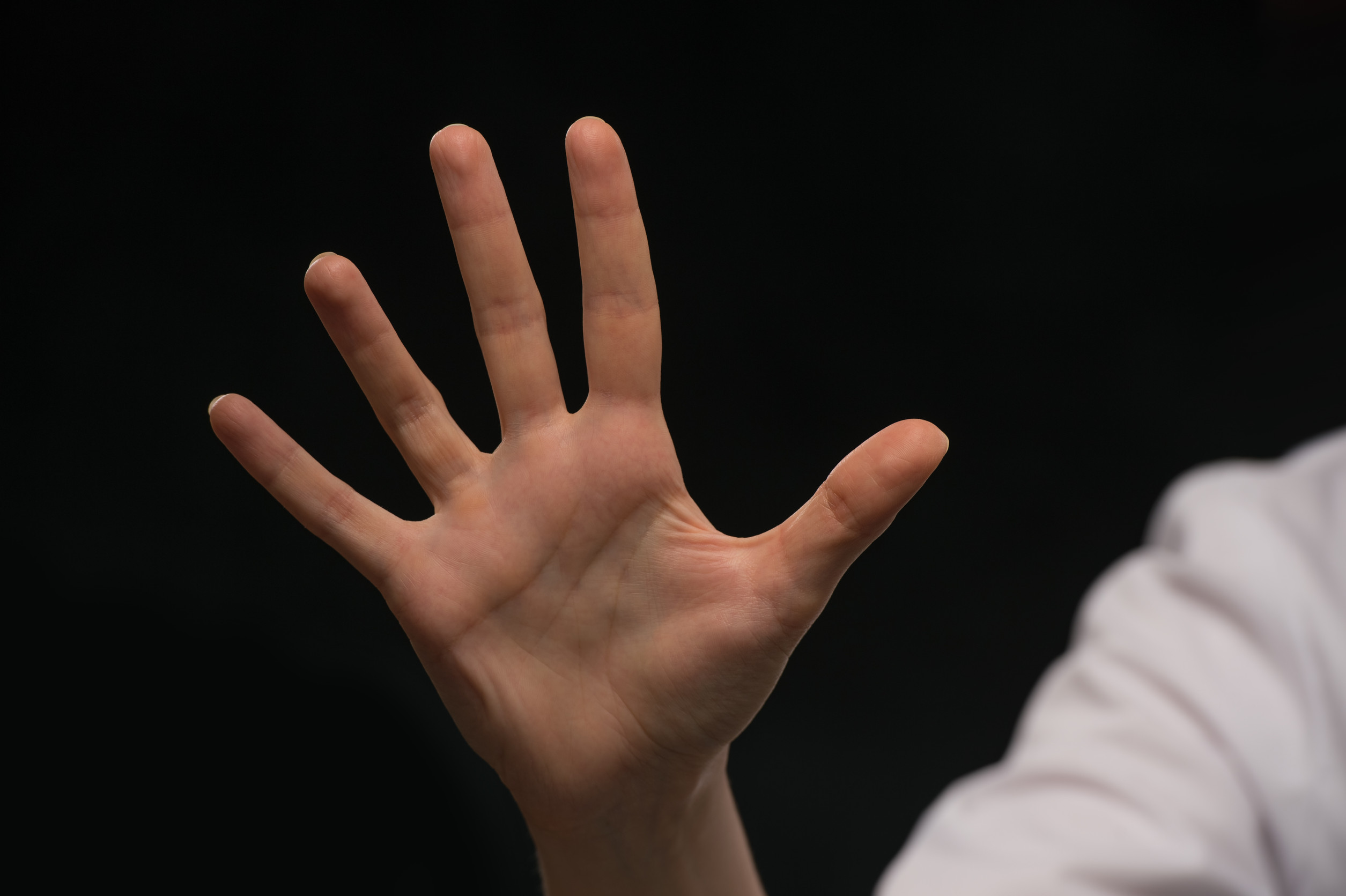Unschooling: it sounds rebellious and radical. But to more and more parents and kids, it’s a sensible alternative to the classroom.
It’s a stormy Monday morning in the Dutch town of Rijswijk. At a local primary school, recess has just begun. The kids’ exuberant shouts travel down the streets from the playground and drift away on the wind. Inside the home of Berend (10) and Fiene (8), not far away, the noise is barely audible. Fiene is making a string of paper dolls at a big wooden table in the living room. She glues on sparkly decorations, her head angled in deep concentration. Her big brother sits on the sofa with a laptop, immersed in a Skype call with a friend.
A little while later, Fiene decides she wants to use the photo editing website PicMonkey. Her mom picks out a shot of a landscape, and Fiene begins clicking and typing industriously, occasionally asking for help. Eva Witsel sits at the table beside her daughter, peeling an apple for Berend, who says he’s hungry.
Looking at this domestic scene, you might not realize what a radical thing is taking place here: Berend and Fiene don’t go to school. Like 400 other kids in the Netherlands, they learn at home – and theirs is an unusual kind of homeschooling. Parents usually try to create a mini-school in the house. But Witsel and her partner deliberately distance themselves from classroom-style methods.
“We’re unschoolers,” Witsel says. “That doesn’t mean we’re antischool; it means we let the kids learn in a natural way.” They don’t have class schedules, fixed school times, tests, notebooks or teachers. Instead, the children learn through following their own curiosity and interests.
But are they really learning? Witsel smiles. “Some people say when their kids turn three they enter into a ‘why’ phase. Well, with mine, it never ended. They just keep on asking questions: ‘What’s that?’ ‘How does it work?’ ‘Why?’”
Witsel left her job as an interim product manager a few years ago to homeschool her kids. Now Berend and Fiene spend their days having fun and learning – crafting, drawing, researching subjects that interest them, playing sports, making music, gardening, gaming and computing to their hearts’ content. Unschooling isn’t confined to the home: the siblings visit museums, walk the Netherlands’ national coastal path and go to hockey, karate and ballet. Meanwhile, they’re learning all kinds of things, including reading and math.
Unschooling: it sounds rebellious and anarchic. And yet more and more parents, kids and teens see it as a sensible alternative to the classroom. Nobody knows exactly how many unschoolers there are in the United States, since they don’t have to register with any official body. But the National Home Education Research Institute counts 2.2 million homeschoolers – about 3.4 percent of school-age kids. And experts like researcher Peter Gray estimate about 10 percent of them – more than 200,000 – would identify as unschoolers. If the growing number of blogs, books and conferences is any indication, interest in the subject is increasing.
The numbers are much smaller in Europe – in the hundreds, perhaps, at the guess of Norwegian education sociologist and European homeschooling expert Christian Beck. The unschooling philosophy has drifted across the pond from America, he says, and Europeans use the English term, not having come up with a good translation. The increased interest in this “natural learning” method isn’t surprising, Beck says. “Schools are moving towards more testing, more regulation, more bureaucracy, more control, less freedom for students. Children are spending more and more time at school. But despite all this, the knowledge level is not rising. The unschoolers are looking for the opposite there.”
Berend and Fiene, then, are part of a blossoming global movement. The term “unschooling” was first used in the 1970s but is particularly apt today: the Internet makes learning outside school easier than ever. You can access knowledge anywhere; teachers no longer have a monopoly. And unschoolers can meet and inspire each other online.
There’s no single method of unschooling; everybody does it differently. There are general principles, though: parents constantly try to nurture and safeguard their children’s inquisitiveness and shape an environment designed to foster natural learning, working from a belief that kids can’t learn if they feel unsafe or afraid. Unschoolers’ parents strive to create a safe atmosphere in which kids get treated with respect. They decide what they want or don’t want to study at any given time.
Some parents believe in “strewing” – placing educational materials and experiences in reach of their kids. Witsel buys items like books and modeling clay and puts them in a cabinet, and Berend and Fiene can get them out whenever they want to. By making learning materials available rather than forcing them on her children, Witsel aims to stimulate their curiosity.
Unschooling would seem an unlikely field for Blake Boles. He took the conventional path from elementary school to college, he tells me during our candid conversation at a sunny outdoor restaurant table in San Francisco. Boles, an energetic guy who talks and thinks at lightning speed, grew up in California but lives the life of an adventurer, going wherever his work takes him.
He studied astrophysics at Berkeley, and in his sophomore year, a friend gave him a book called A Different Kind of Teacher. Its author, New Yorker John Taylor Gatto, had worked in secondary education for 30 years and been named the city’s best teacher three times. In 1991, though, Gatto gave notice. He no longer believed in the idea of school. “Boredom was everywhere in my world,” he wrote, “and if you asked the kids, as I often did, why they felt so bored, they always gave the same answers: They said the work was stupid, that it made no sense, that they already knew it.”
Gatto argues that learning should take place without schools. He addresses an emotional plea to parents: “School trains children to be employees and consumers; teach your own to be leaders and adventurers. School trains children to obey reflexively; teach your own to think critically and independently. Well-schooled kids have a low threshold for boredom; help your own to develop an inner life so that they’ll never be bored.”
Boles asked himself the question Gatto had asked his pupils and realized he completely lacked interest in the math classes required for his major. Not long after that, he came across The Teenage Liberation Handbook by unschooling pioneer Grace Llewellyn. She, in turn, had been inspired by John Holt, another disenchanted ex-teacher. Holt realized kids in his 1960s classroom acted mostly out of fear – of getting bad grades, being teased, not being good enough. He was convinced children possessed an innate inquisitiveness that schools quashed by forcing them to learn.
For years until his death in 1985, Holt published the newsletter Growing Without Schooling, which became popular reading in some homeschooling circles. He developed his philosophy in the newsletter and in various books. His solution: grant kids the freedom to pursue their interests. He argued that the learning process should be tailored to each child’s pace, interests and motivation. Holt became the spiritual father of unschooling.
Boles’ reading on the subject changed his life for good. He decided he wanted to design his own education and, after a considerable fight, obtained permission to compile his own curriculum at Berkeley. He spent two years studying alternative education. After graduation, he got a job at the Not Back to School Camp for homeschooled teenagers in Oregon. There, Boles met large groups of unschoolers for the first time, and he recalls thinking: “These kids are very positively socialized. They have adult-level social skills and attitudes. The unschooling kids are respectful and inclusive.”
These days, it no longer comes as a surprise. “Coming from a high school with 2,000 kids, I remember there was a lot of drama, viciousness and group politics,” Boles says. “So as soon as I left high school and went to college, I realized that adult social life can be so much better than in high school. These social behaviors learned in high school can be terrible. It can be a miserable time period for children.”
Today Boles is a well-known figure in the unschooling movement. In 2008, he started a business to support teenage unschoolers. Homeschooled kids often seek each other out and do things together, so Boles organizes trips, activities and outings for them. He hopes to foster the kind of life skills not commonly taught in the classroom and says: “How do you access information? How do you access people? How do you build self-knowledge? How do you speak confidently in groups? How do you specialize in something?” He favors a learning-by-doing approach: kids devise and carry out their own assignments with occasional advice from him.
In his book College Without High School, he explains how teens can opt out of school in favor of shaping their own education and still enter college prepared. You can get all the information you need on the Internet, he reasons, and spend the rest of your time learning in different ways – traveling, volunteering, immersing yourself in subjects that truly interest you.
To Boles, unschooling doesn’t necessarily mean there’s no place for classrooms. “I know a lot of unschoolers who go back to school for a few years, or start college after unschooling,” he says. “Good parents don’t restrict school as an option. I see myself as someone who likes to promote that you don’t have to be bored and unengaged at school, and that you should have a choice. There are other options.”

Back in the Netherlands, Eva Witsel is enthusiastically telling me more about unschooling. It becomes clear that it demands a hefty dose of patience and confidence on the part of parents. In Dutch schools, kids learn to read at 6. Berend didn’t – until he realized Minecraft would be more fun if he could decipher the words on the screen.
Witsel filmed him reading aloud for the first time. “Inventory,” he says, looking at the computer. “Explosion. Launch.” Her Dutch child was reading in English, without faltering. These days he reads his mother tongue fluently too. At school, Dutch kids learn to read by sounding out words letter by letter: C-A-T. Witsel says Berend did it using a different method, which involves storing whole words in the memory as if they were pictures.
For her, the anecdote illustrates everything unschooling stands for: learning at your own pace, when your brain is ready, in a way that suits you. It’s wonderful to watch a kid come up with the motivation to learn, Witsel says. “If the way they teach reading in school isn’t right for you, learning at home with the help of something you really enjoy is of course much more motivating.”
Henk Blok of the University of Amsterdam’s Kohnstamm Instituut for education research points out that unschooling corresponds with key pedagogical and didactic principles that are valued in the school system too. “Schools also try to tailor education to pupils’ interests and abilities,” Blok says. “Standard schools are largely or entirely unsuccessful at putting these important principles into practice, however,” though he adds that more progressive types of schools “generally come closer to approaching these principles.”
Blok cites the prominent educational psychologist Benjamin Bloom, who once defined the duty of pedagogy as “the search for methods of group instruction as effective as one-to-one tutoring.” In other words, individual education is intrinsically more effective than group teaching. “Schools are seriously handicapped when it comes to group size,” Blok says. “Teachers do have to focus on the average pupils.”
And that’s one reason Witsel says unschooling can’t be compared with Montessori or democratic education: there, groups are still the norm. Besides, she says, “Every school has rules and methods. What if those rules and methods aren’t for you? I want my kids to be able to be able to figure out for themselves what the right thing to do is in any situation.”
She stresses, though, that she’s not out to instill an anti-school attitude. “It’s never a good idea to make your kids think schools are terrible places. You never know; you could get sick or something and they might end up there after all.”
Aside from all this, Witsel says she truly believes unschooling is preparing her children for the future better than classroom learning would. “Unschooling allows kids to develop specialties very quickly and get really good at certain things. Hopefully that will serve them well later.” She says her chief duty is to protect the children’s curiosity and inquisitiveness so they’ll benefit from those qualities all their lives. Meanwhile, she tries to make sure her homeschoolers see as much of the world as possible. And if she doesn’t know something, she looks it up. “I’ve got the whole world in my laptop.”
Christian Beck of the University of Oslo, who’s been researching and writing about European homeschooling for years, sees unschoolers as the pioneers of a new kind of thinking that will be sorely needed in the future. According to Beck, pupils’ learning levels are no longer rising. “The school has reached a saturation point,” he argues. “Many students are screaming for practical knowledge acquired outside the school. They’re stressed out and tired of too much institutionalization, too much unimportant knowledge and meaningless methodological detail control.
“The new type of knowledge can tie scientific methods, individual life experiences and training together,” Beck says. He’s been arguing for years that kids should spend less time at school so they can develop more broadly, and he’s been watching unschoolers with interest. “Home educators,” he says, “are the entrepreneurs here.”
The Intelligent Optimist organizes a webinar with Blake Boles about unschooling. Find out more, here.
What do unschoolers think?
A few small-scale studies have looked at how unschoolers fare, like the one performed by Boston College psychology professor Peter Gray a year and a half ago. He surveyed 75 unschoolers, almost all of whom said they’d benefited from having the time and freedom to pursue their own interests. Most said they had known sooner than other adolescents what they wanted to do with their working lives and became experts in certain fields much earlier than their peers.
Almost all the unschoolers reported the downside of being “different” and misunderstood by society and often feeling compelled to defend their lifestyle. All but three of the study’s participants, however, said unschooling’s advantages more than made up for its disadvantages.
Unschooling entrepreneur Blake Boles says he’s never seen an unschooler end up in the gutter. But that’s not just because unschooling is the best way to learn. “Lots of times, unschoolers come from really supportive families that are really invested in their education,” he says. “And so all education can be seen as a proxy for good parenting. If you have great parents who are really invested in your education, you’re probably going to be successful whether you go to school or not.”
But it certainly isn’t the path of least resistance. “Unschooling involves overcoming a lot of fears,” Boles says. “A lot of conventional expectations get in the way of these types of decisions. It also requires a lot of planning on the part of the parents. Unschooling is a challenging thing to do. But if it’s done well, it’s like magic.”











